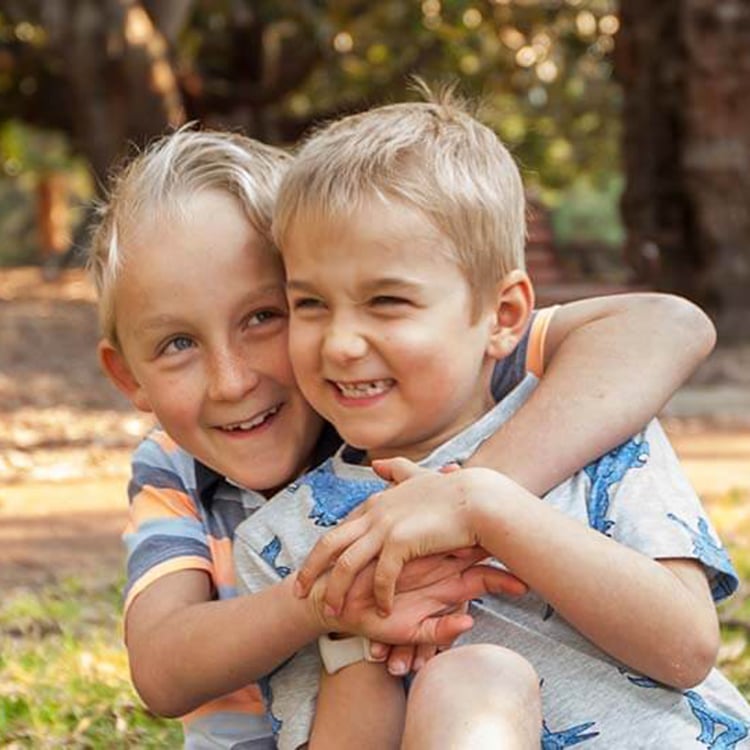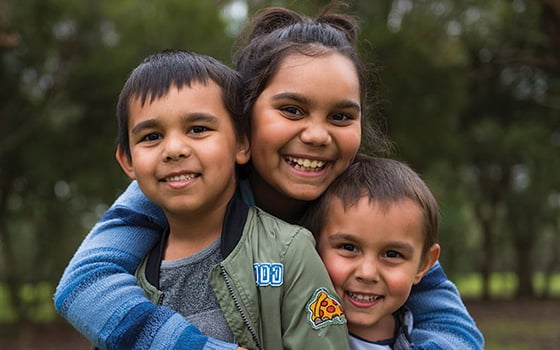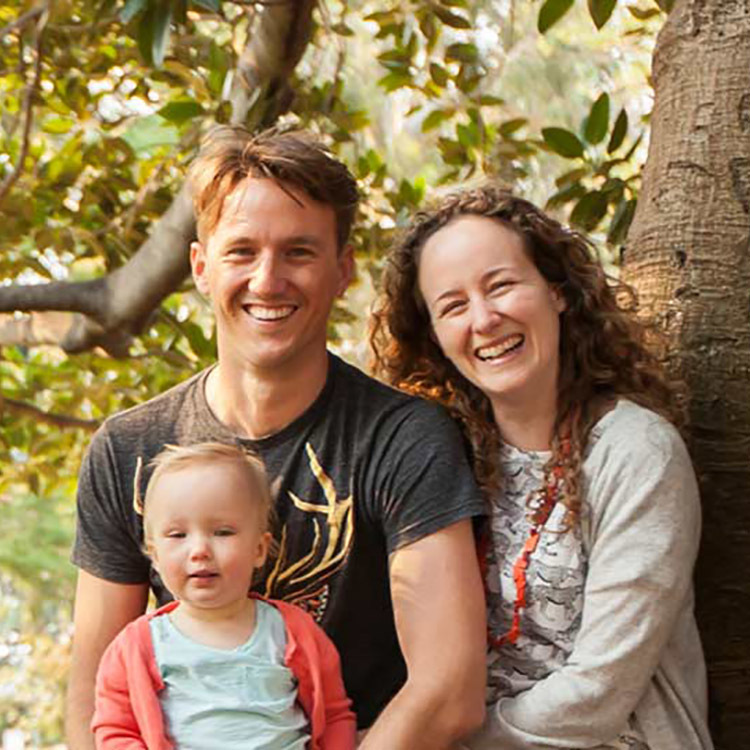Search
News & Events
Vaccinating society against long-term labour shortagesCommunity health and education programs may help Australia avert chronic labour and skills shortages in the decades ahead, according to Professor Fiona Stanley.
News & Events
Michael Chaney awarded Fiona Stanley MedalWesfarmers Managing Director Michael Chaney has been honoured with the Fiona Stanley Medal for his commitment to improving child health and wellbeing.
News & Events
National snapshot of children's developmentNearly a quarter of Australian children could be developmentally at risk, according to the findings of the Australian Early Development Index (AEDI)
News & Events
New study examines vacccine to prevent cervical cancerThe Telethon Institute for Child Health Research today announced a new study investigating a vaccine to prevent infection of Human Papilloma Virus (HPV).
News & Events
Asthma steroid without side effectsWestern Australia has joined a major international study that could significantly change the treatment of asthma in children.

All The Kids Research Institute Australia Supply Partners demonstrate a genuine commitment to helping the Institute innovate and come up with solutions.

From ensuring exceptional insurance protection to holding fundraising events, JLT has the interests of The Kids Research Institute Australia well covered.

The Kids Research Institute Australia is a new kind of research institute. One where kids are at the heart of everything we do.

What would you discover to help a child? At The Kids, our researchers are committed to research that makes a real difference. Watch our real life researcher and family stories.
